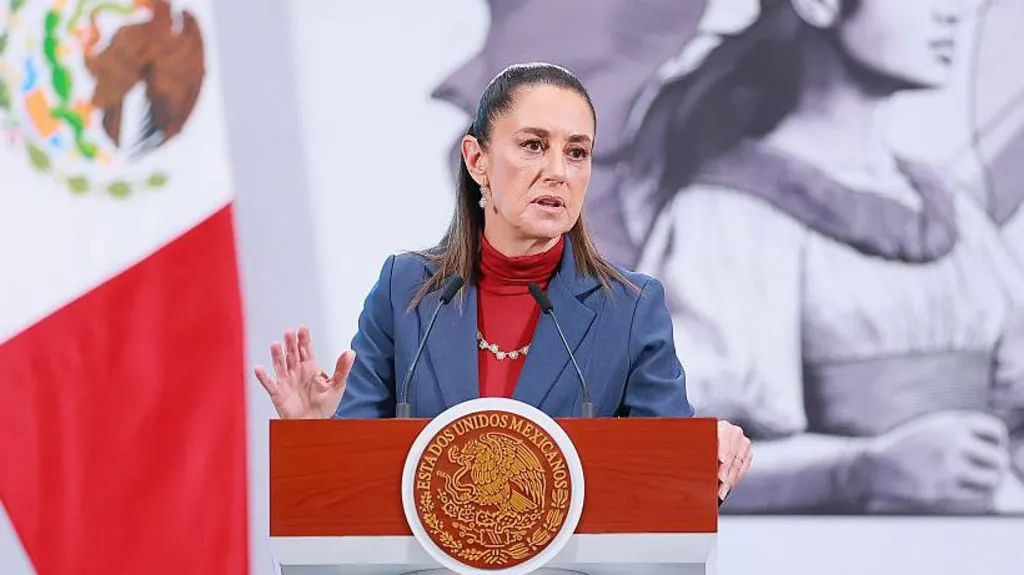The government has reached a $330 million loan agreement with the Asian Development Bank (ADB) to enhance the Integrated Social Protection Development Programme (ISPDP). This deal, signed on Saturday, focuses on increasing efforts in poverty alleviation, human development, and improving responses to climate change.
Dr. Kazim Niaz, the Economic Affairs Secretary, and Emma Fan, the ADB Country Director, represented their respective organizations during the signing.
The ISPDP will build upon the existing ADB-funded initiatives aimed at expanding and strengthening social protection systems in the country, particularly through the Benazir Income Support Programme (BISP). Enhancements will be made to BISP, which is the primary social protection agency in Pakistan, to promote adaptive and climate-resilient solutions. This includes better access to education for children and youths from low-income families, as well as improved healthcare and nutrition support for those living in disaster-prone regions.
During the ceremony, Mr Niaz emphasized the significance of this additional funding in enhancing institutional capabilities and improving access to education and healthcare, especially for women, adolescent girls, and children from disadvantaged backgrounds. He expressed appreciation for the ongoing support from the ADB.
Ms. Fan reiterated the bank’s dedication to aiding the government in strengthening social safety nets, stating that the new funding would further goals related to inclusive growth, poverty reduction, skills development, and healthcare access for vulnerable groups.
The loan agreement marks a key advancement in Pakistan’s efforts to strengthen its social protection framework. The 2025 fiscal budget allocates extra resources for social protection, including increased funding for the BISP program.
The government is committed to reforming subsidies and shifting from broad cross-subsidies to direct support via BISP, which are essential for enhancing the effectiveness of social safety nets in the country.
Nonetheless, an ADB report indicates ongoing challenges in coordination between federal and provincial authorities, as well as issues with institutional capacity, data management, and benefit levels of social protection programs.
The Ministry of Poverty Alleviation and Social Safety is seen as an opportunity to unify the various social protection schemes across the government’s programs. However, most social protection initiatives continue to function through federal channels, even though the Constitution mandates provincial responsibility for these programs. Only Punjab and Sindh have begun implementing social protection initiatives through their respective social protection authorities.
The ADB has indicated that strengthening the institutional capacity for poverty targeting and service delivery is necessary to foster significant improvements in human capital and productivity. The report highlights the necessity for adaptive and responsive social protection strategies, supported by updated data systems, financing options, and various programs to help vulnerable households better manage and recover from disasters and climate challenges.

















